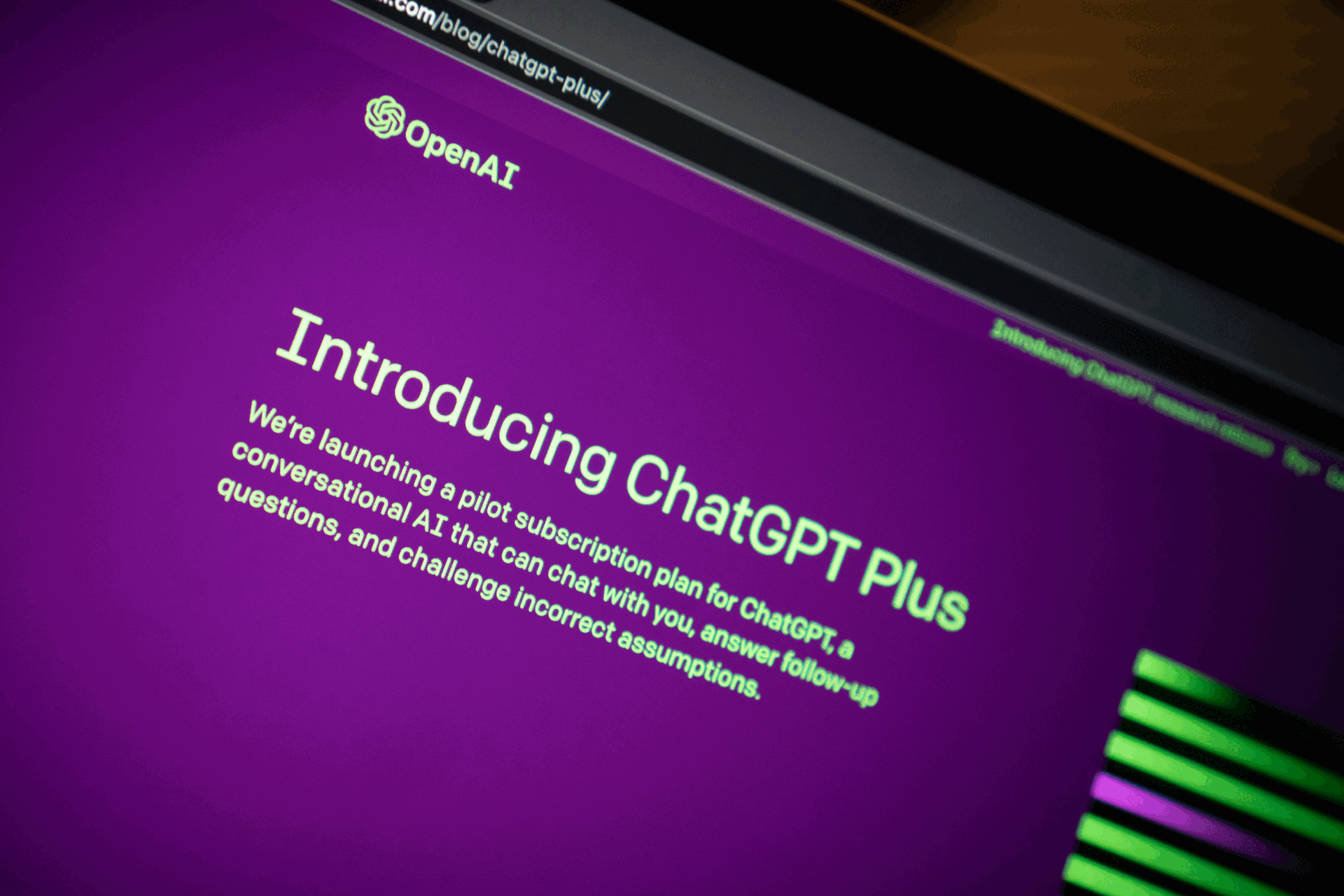EU to End Data Roaming Charges by 2017
- Monday, June 29th, 2015
- Share this article:
 Data roaming charges are set to be abolished within the European Union by June 2017, the European Parliament has announced, with companies given 14 months to reduce charges down to zero.
Data roaming charges are set to be abolished within the European Union by June 2017, the European Parliament has announced, with companies given 14 months to reduce charges down to zero.
The agreement, reached in the early hours of today, will also require telecom operators to treat most kinds of internet traffic equally, cementing some of the principles of net neutrality within European law.
From April 2016, network operators will still be able to add surcharges, but will be limited to €0.05 (£0.04) extra per minute for calls, €0.02 extra per SMS sent and €0.05 extra per megabyte of data used. According to the European Commission, this cap will ensure roaming is 75 per cent cheaper during the interim period.
The agreement comes after years of campaigning to cut roaming charges within the EU and define EU nations approach to net neutrality and the regulation of internet traffic. Initial proposals were put forward in March, but the agreement passed is considered stronger than the March plans.
“This is a great success for the European Union and the Latvian presidency,” said Anrijs Mat?ss, the Latvian Minister for Transport. “The Latvian presidency has put a lot of effort into finalising the Telecom Single Market proposal – we revived the proposal from scratch and reached agreement. This would not have been possible without the commitment and constructive approach of the member states, the European Parliament and the European Commission.”
“Plans to abolish roaming charges by mid-2017 are good news for mobile users across the continent, and signifies a natural end-point to gradual price reductions enforced by the EU since 2007,” said Adrian Baschnonga, lead telecoms analyst at EY. “However, new net neutrality guidelines may still present challenges in terms of implementation.
“While operators have the scope to prioritise certain types of traffic, such as IPTV, as a route to greater service innovation, there may be penalties for breaching this nuanced set of open internet rules. What these guidelines and penalties will actually look like, and how they will be policed and enforced, is yet to be seen so there could be a sting in the tail for operators.”
















